October 14 stands as one of history’s most eventful days, witnessing the rise and fall of empires, groundbreaking discoveries, and moments that shaped our modern world across centuries of human achievement.

Politics and Government Events on October 14
1915 – Bulgaria Joins the Central Powers
Bulgaria formally aligned with Germany and Austria-Hungary during World War I on this decisive date. The strategic partnership shifted the balance of power in the Balkans significantly.
Bulgarian forces would soon engage Allied troops across multiple fronts. This alliance proved crucial in determining the war’s trajectory in southeastern Europe.
1933 – Germany Withdraws from League of Nations
Nazi Germany dramatically severed ties with the League of Nations and World Disarmament Conference. Adolf Hitler’s government rejected international cooperation and arms limitation treaties.
This withdrawal signaled Germany’s aggressive intentions to European neighbors. The decision marked a critical step toward the militarization that would lead to World War II.
1964 – Soviet Leadership Removes Nikita Khrushchev
The Soviet Presidium and Communist Party Central Committee accepted Khrushchev’s forced retirement from power. Leonid Brezhnev and Alexei Kosygin orchestrated the bloodless coup against the reformist leader.
Khrushchev’s removal ended the de-Stalinization period and ushered in conservative leadership. The transition marked a significant shift in Soviet domestic and foreign policy directions.
1981 – Hosni Mubarak Elected President of Egypt
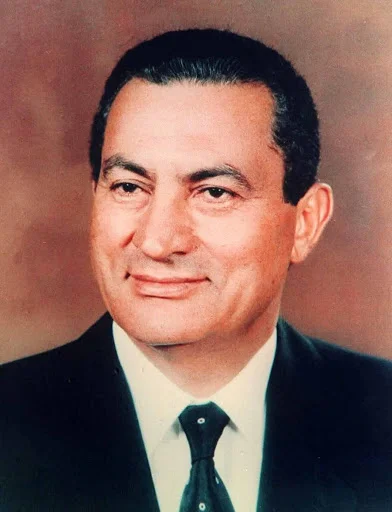
Vice President Hosni Mubarak assumed Egypt’s presidency following Anwar Sadat’s assassination one week earlier. The transition maintained political stability during a critical period in Middle Eastern history.
Mubarak’s election established a three-decade rule that would reshape Egyptian society. His presidency became synonymous with authoritarian governance and close ties with Western powers.
2023 – Australia Rejects Indigenous Voice to Parliament
Australian voters decisively rejected a constitutional amendment establishing an Indigenous Voice to Parliament. The referendum failed to achieve the necessary majority in most states and territories.
The defeat disappointed Aboriginal rights advocates who had campaigned for constitutional recognition. The outcome highlighted ongoing tensions surrounding Indigenous representation in Australian democracy.
Military and Naval History on October 14
1939 – German U-Boat Sinks HMS Royal Oak
The German submarine U-47 penetrated Britain’s heavily fortified Scapa Flow naval base in Scotland. Commander Günther Prien’s daring raid sank the battleship HMS Royal Oak with massive loss of life.
This audacious attack shocked the Royal Navy and demonstrated German naval capabilities. The successful mission boosted German morale while exposing critical vulnerabilities in British coastal defenses.
1942 – German Submarine Sinks SS Caribou
The German U-boat U-69 torpedoed the Canadian passenger ferry SS Caribou off Newfoundland’s coast. The attack claimed civilian lives and disrupted vital transportation links between the mainland and islands.
This strike demonstrated the Battle of the Atlantic’s reach into Canadian waters. The incident galvanized Canadian resolve against German submarine warfare tactics.
1943 – Sobibor Prisoner Uprising

Jewish prisoners at the Sobibor extermination camp executed a carefully planned revolt against their Nazi captors. The inmates assassinated most on-duty SS officers before staging a mass breakout attempt.
Approximately 300 prisoners escaped during the chaos, though many were recaptured or killed. The uprising led to the camp’s immediate closure and remains a symbol of resistance against genocide.
1952 – Battle of Triangle Hill in Korean War
Chinese and North Korean forces clashed with UN troops in the war’s bloodiest battle of 1952. The engagement centered on strategically important hills near the 38th parallel.
Both sides suffered heavy casualties during weeks of intense fighting. The battle demonstrated the conflict’s transformation into a brutal war of attrition.
Science and Discovery Milestones on October 14
1947 – Chuck Yeager Breaks Sound Barrier
Captain Chuck Yeager piloted the experimental Bell XS-1 rocket plane past the speed of sound. Flying over California’s Muroc Army Air Field, he achieved Mach 1.05 in level flight.
This historic achievement shattered the theoretical sound barrier that had challenged aviation engineers. Yeager’s flight opened the supersonic age and revolutionized aerospace technology development.
2012 – Felix Baumgartner’s Record-Breaking Jump

Austrian skydiver Felix Baumgartner leaped from a balloon 24 miles above Earth’s surface. His record-breaking freefall reached supersonic speeds before deploying his parachute safely.
The Red Bull Stratos mission advanced scientific understanding of high-altitude human survival. Baumgartner’s jump captivated millions worldwide and pushed the boundaries of extreme sports.
2014 – Raymond Davis Jr. Nobel Prize Recognition
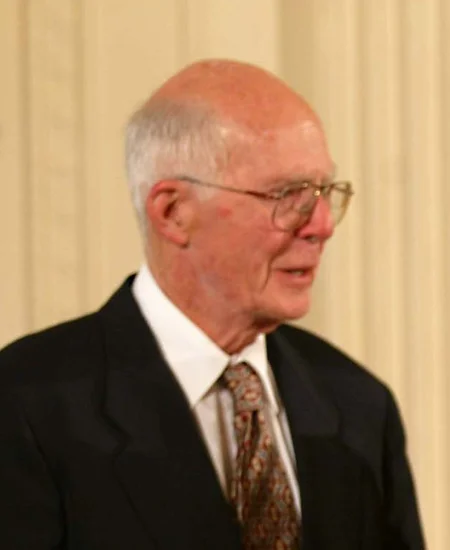
American physicist Raymond Davis Jr. revolutionized neutrino detection through groundbreaking solar neutrino experiments. His work fundamentally advanced particle physics and solar research.
Davis’s innovative underground detectors confirmed theoretical predictions about solar nuclear reactions. His contributions earned him the Nobel Prize in Physics for expanding scientific knowledge.
Cultural and Arts Events on October 14
1968 – Apollo 7 First Live Television Broadcast
The Apollo 7 crew transmitted the first live television broadcast from American astronauts in orbit. Millions of viewers watched the historic transmission from space.
This technological achievement brought space exploration into American living rooms. The broadcast demonstrated NASA’s growing capabilities and public engagement with the space program.
1998 – Steve Bartman Incident at Wrigley Field
Chicago Cubs fan Steve Bartman interfered with a foul ball during Game 6 of the National League Championship Series. The controversial incident became baseball folklore and Cubs legend.
The moment epitomized the Cubs’ championship drought and fan frustration. Bartman’s inadvertent interference sparked decades of debate about fan behavior and team curses.
2003 – Eric Rudolph Charged with Olympic Bombing

Federal prosecutors charged Eric Rudolph with six bombings, including the 1996 Centennial Olympic Park attack in Atlanta. The domestic terrorist’s capture ended a massive manhunt.
Rudolph’s attacks targeted the Olympics, abortion clinics, and gay nightclubs. His prosecution highlighted the threat of domestic terrorism in American society.
Religious and Social Events on October 14
1956 – Dr. B.R. Ambedkar Converts to Buddhism
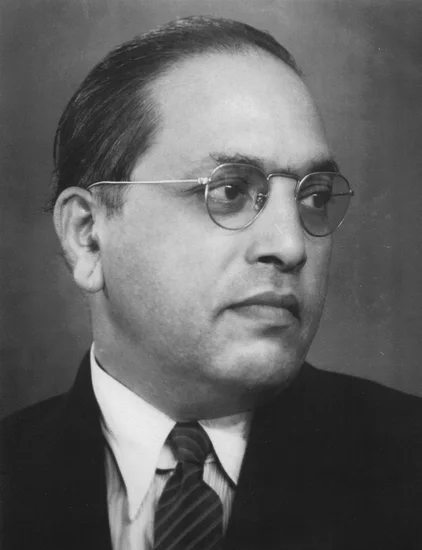
Indian civil rights leader Dr. B.R. Ambedkar converted to Buddhism alongside 385,000 followers from India’s Untouchable caste. This mass conversion challenged Hindu caste discrimination.
Ambedkar’s decision sparked the Neo-Buddhism movement across India. The conversion represented a powerful rejection of caste-based oppression and social hierarchy.
1979 – First National March for Lesbian and Gay Rights
Approximately 100,000 people gathered in Washington D.C. for the first National March on Washington for Lesbian and Gay Rights. The demonstration marked a watershed moment in LGBTQ+ activism.
Participants demanded equal rights and an end to discrimination. The march galvanized the gay rights movement and increased national visibility for LGBTQ+ issues.
1973 – Thammasat Student Uprising in Thailand

Over 100,000 students and citizens protested against Thailand’s military government in Bangkok. The peaceful demonstration demanded democratic reforms and civilian rule.
Military forces violently suppressed the uprising, killing 77 people and injuring hundreds more. The massacre sparked nationwide outrage and eventually led to the government’s downfall.
Business and Economic Events on October 14
1982 – Reagan Declares War on Drugs
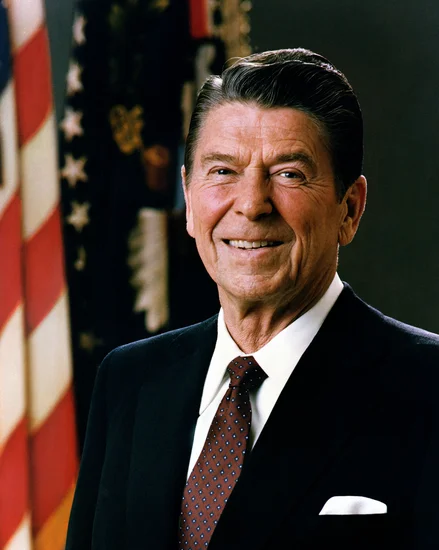
President Ronald Reagan officially proclaimed a comprehensive War on Drugs campaign. The initiative dramatically increased federal spending on drug enforcement and criminal justice.
Reagan’s policy emphasized punishment over treatment for drug-related offenses. The campaign reshaped American criminal justice and incarceration rates for decades.
2021 – John Deere Workers Strike
Approximately 10,000 American John Deere employees launched a coordinated strike across multiple facilities. The United Auto Workers union demanded better wages and benefits.
The strike disrupted agricultural equipment production during harvest season. Workers ultimately secured significant pay increases and improved working conditions.
1949 – Smith Act Trials Conclude

Federal courts convicted eleven Communist Party leaders under the Smith Act for advocating government overthrow. The trials reflected Cold War tensions and anti-communist sentiment.
The convictions raised significant First Amendment concerns about political speech. The cases established important precedents regarding sedition and free expression rights.
Transportation and Infrastructure on October 14
1966 – Montreal Metro System Opens
Montreal inaugurated its underground Metro rapid transit system, transforming urban transportation in Canada’s second-largest city. The rubber-tired trains offered quiet, efficient service.
The Metro’s distinctive architecture and design influenced public transit worldwide. The system became integral to Montreal’s identity and urban development.
1910 – Aviation Pioneer Lands at White House
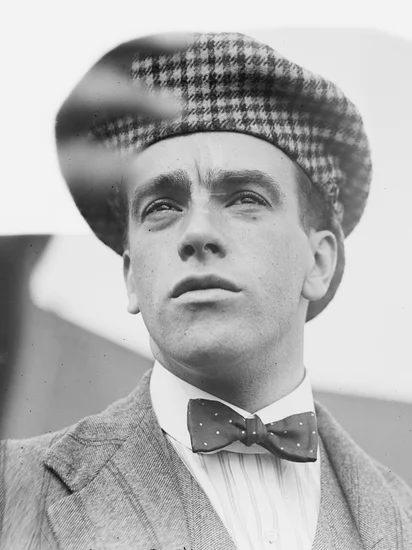
English aviator Claude Grahame-White landed his aircraft on Executive Avenue near the White House. The daring flight demonstrated aviation’s growing capabilities and public appeal.
This dramatic landing captured American imagination and highlighted aviation’s potential. The flight occurred during early aviation competitions that promoted technological advancement.
2004 – MK Airlines Flight 1602 Crashes
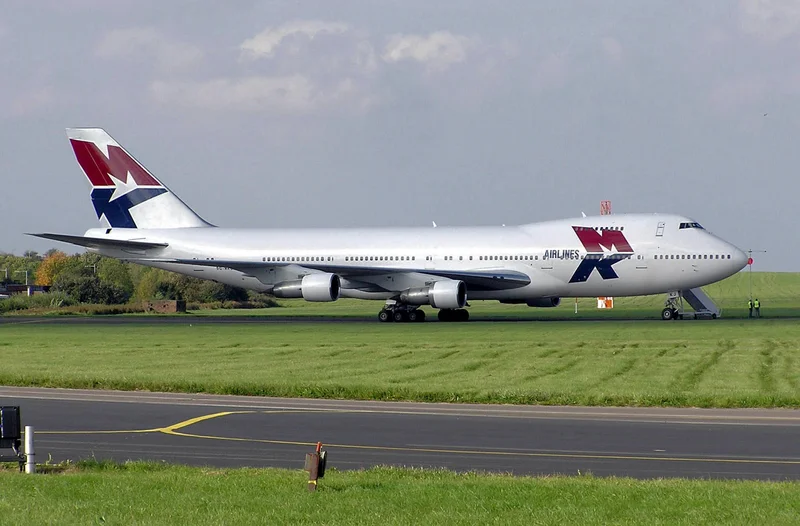
MK Airlines Flight 1602 crashed during takeoff from Halifax Stanfield International Airport in Nova Scotia. All seven crew members aboard the cargo aircraft perished.
The Boeing 747 freighter’s crash highlighted safety concerns in cargo aviation. Investigation revealed maintenance and operational factors contributing to the tragedy.
Sports and Recreation on October 14
1908 – Chicago Cubs Win World Series
The Chicago Cubs defeated the Detroit Tigers 2-0 to clinch the 1908 World Series championship. This victory marked the Cubs’ second consecutive championship and their last until 2016.
The triumph capped a remarkable era in Cubs history under manager Frank Chance. The team’s 108-year championship drought became baseball’s most famous curse.
1968 – Jim Hines Breaks Ten-Second Barrier

American sprinter Jim Hines became the first man to officially break the ten-second barrier in the 100-meter dash. His time of 9.95 seconds shattered the psychological milestone.
Hines achieved this historic feat during the 1968 Olympics in Mexico City. His record demonstrated the impact of high altitude and advanced training methods.
2014 – Serbia vs. Albania Match Abandoned

The UEFA Euro 2016 qualifying match between Serbia and Albania was abandoned after 42 minutes due to political tensions. A drone carrying Albanian nationalist symbols sparked violent incidents.
UEFA eventually awarded Albania a 3-0 victory and imposed sanctions on both federations. The incident highlighted ongoing Balkan political tensions in sports.
Notable Births on October 14
1927 – Roger Moore, English Actor

Roger Moore was born in London and became internationally famous as the suave secret agent James Bond. His portrayal defined the character for seven films during the 1970s and 1980s.
Moore’s sophisticated interpretation contrasted with his predecessor Sean Connery’s approach. He brought humor and charm to the role while maintaining the character’s essential appeal.
1939 – Ralph Lauren, American Fashion Designer

Ralph Lauren entered the world in New York City and revolutionized American fashion with his preppy aesthetic. His Polo Ralph Lauren brand became synonymous with classic American style.
Lauren’s designs captured the essence of American luxury and lifestyle. His fashion empire expanded from neckties to a global lifestyle brand worth billions.
1940 – Cliff Richard, Indian-Born English Singer

Cliff Richard was born in India to British parents and became one of Britain’s most successful recording artists. His career spans over six decades with numerous hit singles.
Richard’s clean-cut image and pop sensibilities made him a household name. He remains one of the best-selling British artists in music history.
1946 – Craig Venter, American Biologist

Craig Venter was born in Salt Lake City and became a pioneering geneticist and biotechnology entrepreneur. His work revolutionized genome sequencing and synthetic biology.
Venter led the private effort to sequence the human genome, competing with government projects. His innovations accelerated genetic research and personalized medicine development.
1978 – Usher, American Singer

Usher Raymond IV was born in Dallas, Texas, and became one of the best-selling music artists worldwide. His smooth vocals and dynamic performances defined contemporary R&B.
Usher’s albums consistently topped charts while his influence shaped popular music. He discovered and mentored future stars like Justin Bieber and Chris Brown.
Notable Deaths on October 14
1944 – Erwin Rommel, German Field Marshal

Erwin Rommel, the legendary “Desert Fox,” died by forced suicide after being implicated in the plot against Hitler. His North African campaigns had made him one of Germany’s most respected commanders.
Rommel’s tactical brilliance earned admiration from both allies and enemies. His death marked the loss of Germany’s most capable field commanders during World War II.
1977 – Bing Crosby, American Singer and Actor

Bing Crosby died suddenly while playing golf in Spain, ending one of entertainment’s most successful careers. His crooning style and film performances made him a global icon.
Crosby’s recording of “White Christmas” became the best-selling single of all time. His influence on popular music and entertainment lasted well beyond his death.
1990 – Leonard Bernstein, American Conductor and Composer
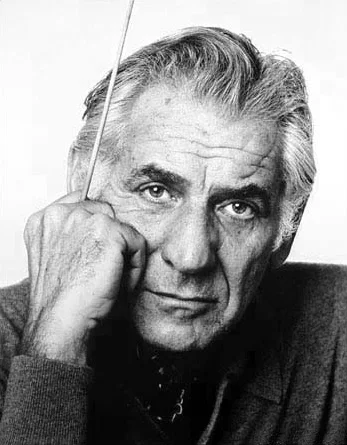
Leonard Bernstein died in New York City after a distinguished career as conductor of the New York Philharmonic. His compositions included the groundbreaking musical “West Side Story.”
Bernstein’s dynamic conducting style and educational television programs brought classical music to millions. His legacy encompasses both serious concert music and popular Broadway compositions.
2022 – Robbie Coltrane, Scottish Actor

Robbie Coltrane died at age 72, leaving behind memorable performances in film and television. His portrayal of Hagrid in the Harry Potter films endeared him to global audiences.
Coltrane’s versatility ranged from comedy to drama across British entertainment. His larger-than-life personality and talent made him one of Scotland’s most beloved actors.
Holidays and Observances on October 14
World Standards Day
International organizations celebrate World Standards Day to promote the importance of standardization in global commerce. Standards facilitate trade, safety, and technological compatibility worldwide.
This observance highlights how technical standards impact daily life. Industries rely on standardization for quality assurance and international cooperation.
Mother’s Day in Belarus

Belarus observes Mother’s Day on October 14th, honoring maternal contributions to society. Families gather to celebrate mothers and their vital role in Belarusian culture.
The holiday emphasizes traditional family values and women’s importance in society. Government officials and citizens participate in ceremonies recognizing maternal sacrifice.
National Education Day in Poland
Poland celebrates National Education Day, formerly known as Teachers’ Day, recognizing educators’ contributions to society. The holiday honors the teaching profession and educational achievements.
Students traditionally present flowers and gifts to their teachers. The observance emphasizes education’s role in Poland’s democratic development and cultural preservation.
Nyerere Day in Tanzania
Tanzania commemorates Julius Nyerere Day, honoring the country’s first president and independence leader. The holiday celebrates Nyerere’s contributions to African socialism and pan-Africanism.
Nyerere’s philosophy of ujamaa influenced Tanzania’s post-independence development. His legacy continues to shape Tanzanian political and social values.
